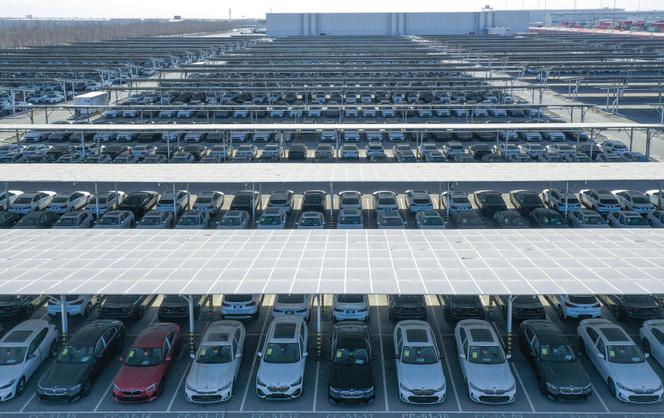


For a long time in China, the country's northeastern region did not enjoy a good reputation. Too polluted, too dominated by giant state-owned companies, too corrupt and too similar to neighboring Russia. The North was yesterday's China.
In 1992, it was in the far south of the country that Deng Xiaoping kicked off his reforms and opened up the country. The region that embodied China's success was Shenzhen, not Shenyang, the capital of Liaoning and the country's main northeastern province alongside Heilongjiang and Jilin.
With one problem leading to another, Liaoning long suffered from a second handicap: The province's strongman in the 1990s was Bo Xilai, an ambitious Maoist who became Xi Jinping's main political rival ten years later. Bo has been in prison since 2012, and the country's ruler is said not to hold Liaoning close to his heart.
Yet these days now seem long gone. Liaoning now feels confident and proud enough of its transformation to invite – with Beijing's approval, of course – a few foreign journalists to witness its transformation.
Shenyang, like the German Ruhr, is doing far better than its reputation might suggest. In the 20th century, the city was famous for its sea of smokestacks. But by the end of the 1990s, some 300 steelworks closed in a redundancy plan probably unrivaled anywhere in the world. Nowadays, Shenyang is a green city.
BMW has built its main Chinese plant there. The company is the city's biggest taxpayer and employs 23,000 workers, not counting its 430 subcontractors, including the French company Michelin, which employs around 3,000 people.
While Liaoning's overall population (42 million inhabitants) is declining due to young people's attraction to the higher wages of the South, Shenyang's is increasing. By the end of the decade, Shenyang's population should exceed ten million. Its rival, Dalian (population 7 million), the major port in the province's south, is enjoying the same attractiveness.
As much as leaders in the country's south like to showcase private companies, those in Liaoning do not shy away from highlighting their role and economic pro-activeness. Like Xi, they are convinced that state-owned groups must continue spearheading the economy. The companies they spotlight are almost all closely linked to the political authorities.
Founded in 1921 (when the region was occupied by Japan), North Heavy Industry is the archetypal metallurgical conglomerate, manufacturing everything from steel for the automotive industry to giant tunnel-boring machines for public works groups. Bingshan, a company specializing in refrigeration and industrial heating systems, is owned by both Japan's Panasonic and the city of Dalian. Rongke Power, which employs 600 people and intends to quickly double its workforce, is one of the world leaders in vanadium batteries (a technology that greatly enhances battery performance). Rongke Power also has the Academy of Sciences as a shareholder and uses Dalian as a demonstration zone.
You have 55% of this article left to read. The rest is for subscribers only.
